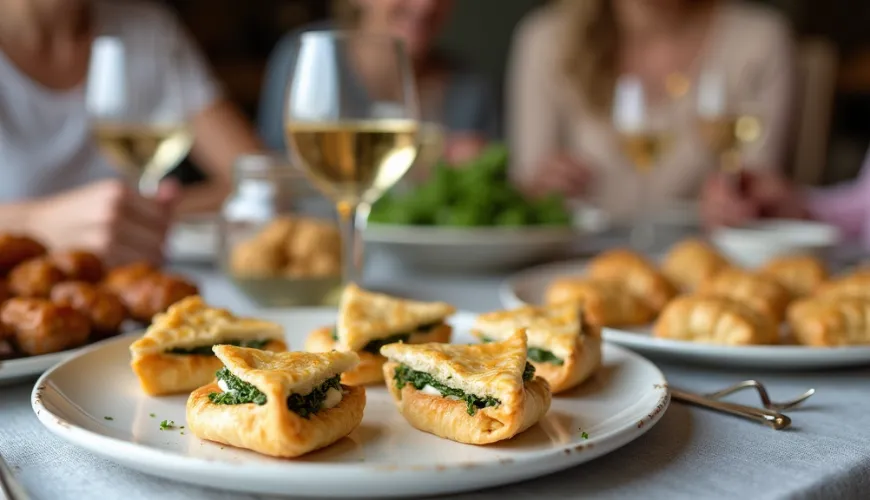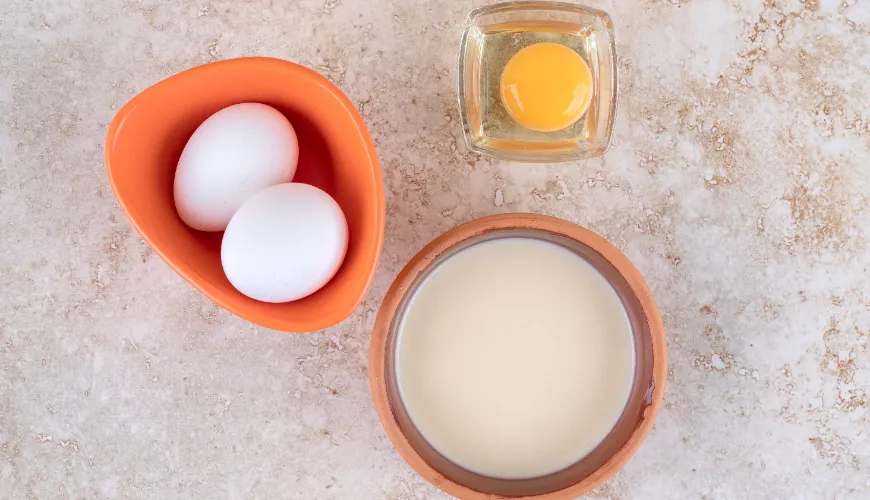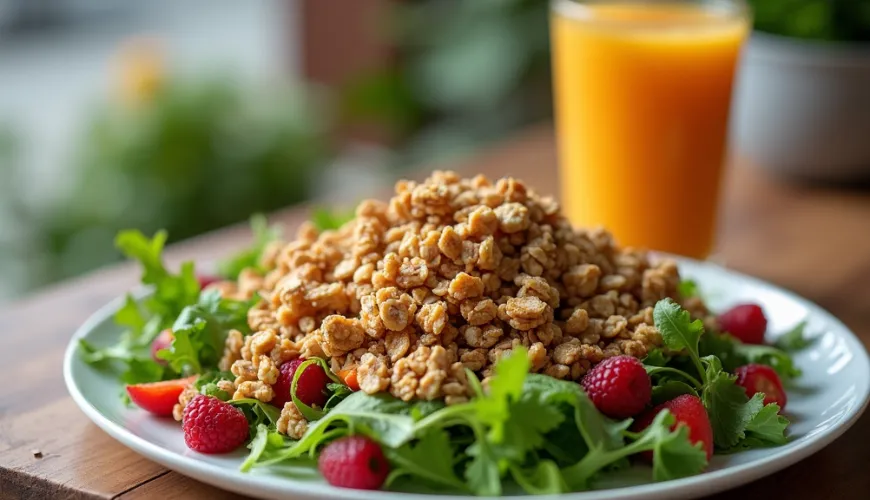
Where to Find Quality Phyllo Dough and How to Use It Properly

Filo pastry is as thin as paper, delicate, yet possesses an unmistakable ability to transform ordinary ingredients into a culinary experience. Originating from the Middle East and the Balkans, its popularity transcends continental borders. Whether it's the classic Greek baklava, Turkish börek, or modern savory pies with melted goat cheese and spinach, filo provides these dishes with a layered structure and crispness that are irresistible.
What exactly is filo pastry?
Filo (also spelled phyllo or fillo) is a very thin layered dough made from flour, water, and a small amount of oil or vinegar. Unlike puff pastry, it doesn't contain fat between the layers, resulting in a much lighter, crispier, and less greasy outcome. Making homemade filo requires strong nerves, sturdy arms, and a lot of patience, as the dough must be rolled out almost to transparency, which is not easy.
That's why most people opt for a practical solution: buying filo from the store. This brings up a question that seems trivial but is surprisingly common: where to buy filo pastry in the Czech Republic?
How to handle filo?
Unlike puff pastry, which can easily be found in any supermarket, filo pastry remains a rarity in Czech stores. However, it's not impossible to find—you just need to know where to look. Most larger retail chains, such as Tesco, Albert, or Globus, usually have filo pastry in the freezer section in the international cuisine or bakery section, but its availability often varies by location.
Another option is to visit specialized stores with Greek, Balkan, or Middle Eastern foods, which often have a wider selection of these products. In cities like Prague or Brno, smaller ethnic food stores almost certainly stock filo pastry. Lastly, there's the internet—many online grocery stores offer chilled or frozen filo pastry, delivered straight to your home. When ordering, however, we recommend checking if the product is indeed stored cold and delivered in a thermal package, as filo is very prone to drying out and breaking.
When choosing, pay attention to the ingredients and origin. Quality filo pastry contains no additives, just basic ingredients: flour, water, oil, or vinegar. Some brands (such as Greek Kontos or Turkish Yufka) have very fine and easy-to-handle sheets that don't stick and tear during work, which is truly invaluable when cooking.
Don't be afraid to experiment with filo pastry
If you've never tried filo pastry before, you might be worried about its delicacy. Yes, it's true that it dries out quickly—within minutes in the air, it can lose its flexibility and start to break. Because of this, it's important to cover unused sheets with a clean damp cloth or brush them with melted butter or oil while working. Once you get used to it, a world of culinary possibilities will open up for you.
One of the most popular uses is undoubtedly preparing baklava—a sweet dessert of layered pastry, nuts, and syrup, iconic in Greek and Turkish cuisine. But why limit yourself to sweets?
Filo pastry is also ideal for savory dishes—for example, oven-baked triangles filled with feta and spinach, meat rolls, or as a light, crispy alternative to the classic quiche. It also works great as a "wrapper" for vegetable rolls, which can replace fried spring rolls. Thanks to its thin structure, the pastry doesn't need long baking—usually 20–30 minutes in the oven at 180 °C is sufficient until the surface is nicely golden.
In the Czech environment, filo is gaining popularity, especially among those looking for a lighter alternative to puff pastry without animal fats. It's a way to enjoy a crispy experience without it being a gastronomic "bomb." Along with the growing interest in vegetarian, vegan, and Mediterranean cuisine, its popularity is expected to increase.
Practical tip on how to impress guests easily
Imagine a small home gathering where you've invited friends for a glass of wine. Instead of chips or open sandwiches, you serve miniature filo pastry pouches—some filled with cheese and sun-dried tomatoes, others with caramelized onions and goat cheese. They look impressive, taste even better, and their preparation takes only a few minutes. Such details make a difference—and guests will long remember the crispy and light refreshments you offered.
One of the advantages of filo pastry lies in its ability to enable simple yet impressive cooking. Even if you're not a professional chef, with a little patience and a good recipe, you can create a dish that looks like it's from a restaurant.
Filo pastry and a healthy lifestyle
At a time when more and more people are interested in the composition of food and its nutritional value, filo pastry has a significant advantage over other types of dough: it contains almost no fats, unless you add them during preparation. This allows you to control how much fat and calories you actually get into the final dish. In combination with baking (not frying) and fresh vegetables or cheeses, it makes for a tasty yet relatively light option for both main dishes and desserts.
Moreover, it's naturally egg-free and, in some cases, lactose-free, making it an ideal part of the diet for vegans or people with intolerances. Of course, always read the ingredients on the packaging—some industrially produced variants may contain preservatives or hydrogenated fats that shouldn't be in traditional filo pastry.
Where to buy quality filo pastry?
If we were to compile a short list of places to get filo pastry in the Czech Republic, it would look something like this:
- Supermarkets: Tesco, Albert, Globus—availability depends on location
- Specialized stores: Greek and Balkan foods in Prague, Brno, Ostrava
- Online stores: Košík.cz, Rohlik.cz, or specialized e-shops like Greek Market or Orient-Food
- Farmers' markets and food festivals: occasionally offer fresh and baked filo pastry products
Whichever option you choose, the most important thing is—experiment. Filo is an ingredient that will reward you with taste and visual appeal. Once you discover its potential, it's hard to go back to regular dough.
And perhaps you'll find yourself whispering the words of the famous chef Yotam Ottolenghi while layering the delicate sheets: “True luxury lies not in complexity, but in details."

